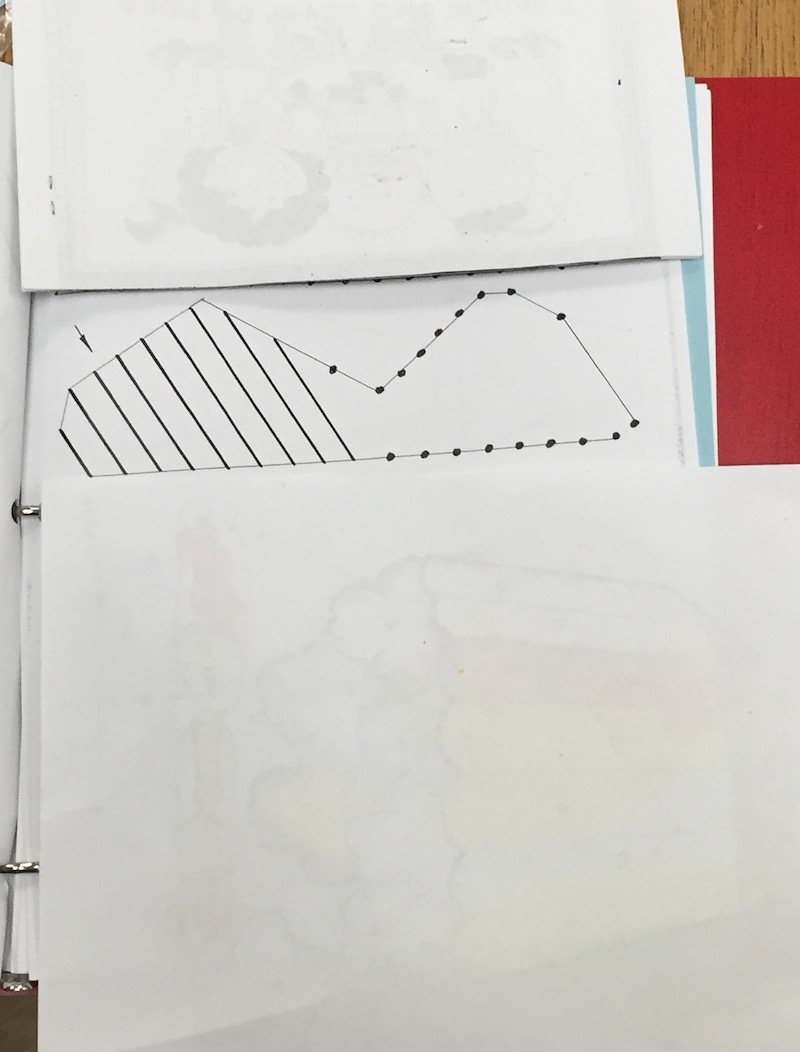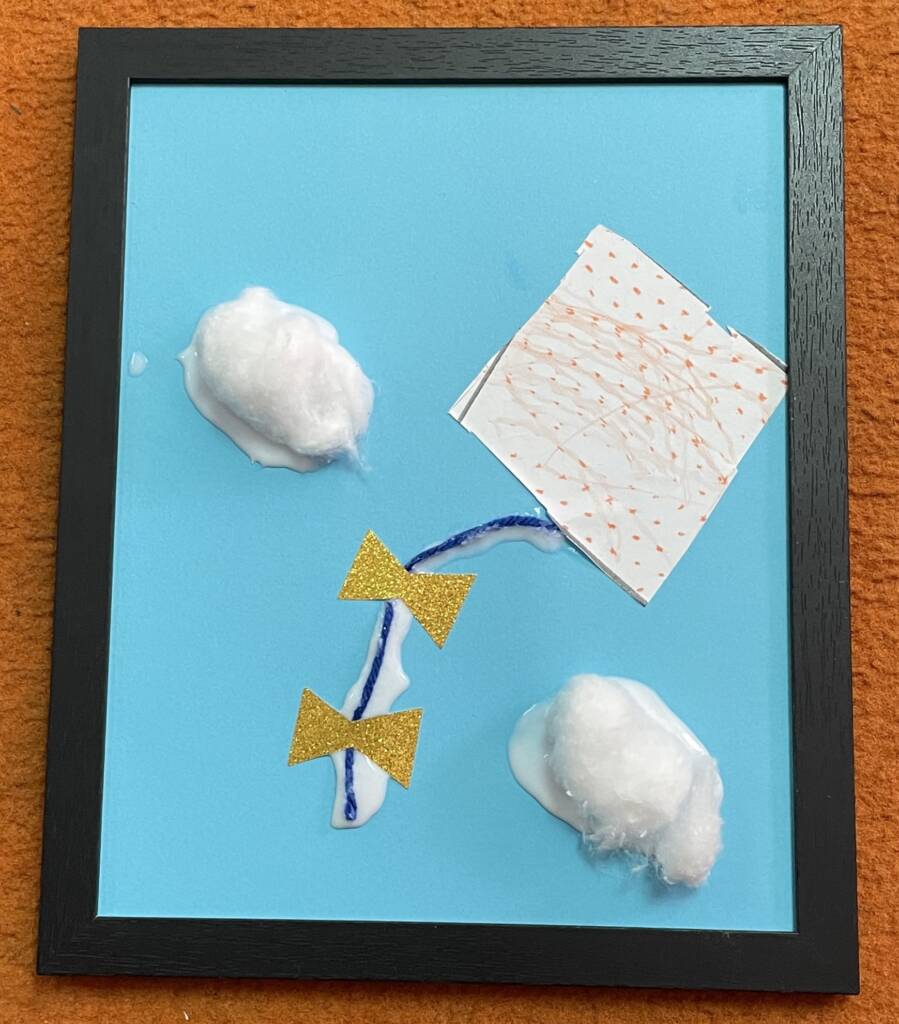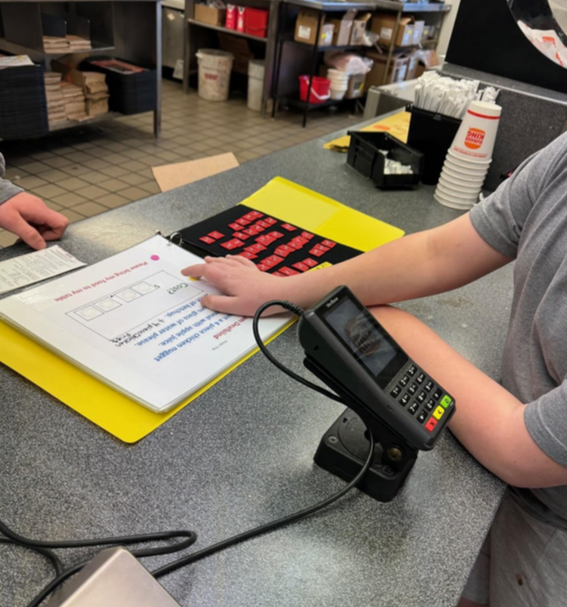Walking into classrooms and trying to get teachers to modify assignments can be a tricky road, which includes a lot of negotiating and adapting. It’s the beginning of the school year and you need to build a relationship that will be productive for the student.
A kindergarten student of mine with low vision has been getting worksheets like the one below. The teacher complained that the student is not doing her work and she doesn’t “have the time to work one-on-one with her.”
I recommended dividing the page up into 3 separate pages after being told it’s a pre-writing page and the student HAS to do them. This was an immediate “no” as she doesn’t have time to make all these copies.
I then asked to work with the student on the page and see what else I could try. I bolded the dots…that helped, but the page was still just too busy. So we used two sheets of paper. If we covered the two sections not being worked on, the student could then do the activity.
The Negotiation
When I met with the teacher, I offered her this solution: I will adapt the writing pages with the bolded dot and the student will use the white paper to block off the areas she’s not working on. The student demonstrated she could do this. I just need the teacher to provide her the “cover paper”. She took a minute and then agreed.
So, I pushed forward and offered to meet with her once a week to look at her lesson planning, worksheets, materials, etc. to see what might need to be adapted. I used the “it’ll save you both frustration” comment by stressing if we do it before, life will be more productive for you both. She agreed and even smiled at me!
Working with classroom teachers can be challenging. If they’re used to doing it their way, it’s difficult to get them to change…even the smallest of changes. Offering them alternatives and then “helping them see the light” is more helpful than telling them what they need to do. That approach will get the door shut in your face fast!
Just remember Rome wasn’t built in a day. Patience will save the day. Move slowly and pay attention to their words and body language. It can be overwhelming having a student with a visual impairment in the classroom along with all the other demands made on the teachers.









